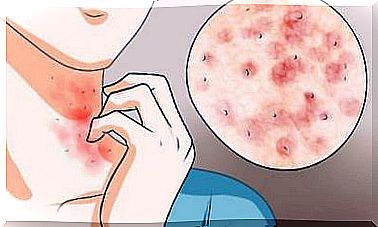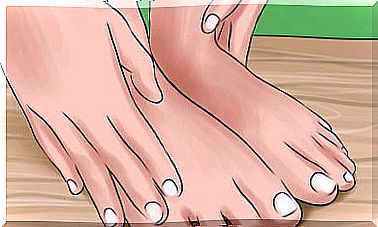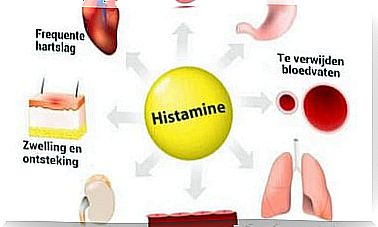High Levels Of Monocytes In The Blood: Symptoms And Treatments
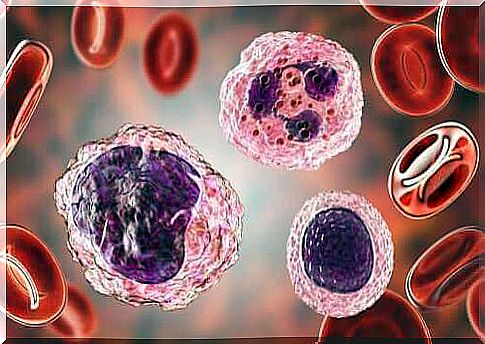
Today we are going to talk about the symptoms and treatment of high levels of monocytes in the blood. Our blood contains many more cell types and substances than most people normally know. A good example of this is monocytes. Monocytes are cells of the immune system that circulate in the blood.
The bone marrow produces monocytes, which then reach various tissues through the blood. When they reach the tissues, they become macrophages and perform their defense function.
They are responsible for removing certain waste products and hazardous elements from the body. Moreover, these cells are also involved in inflammatory processes.
In total , monocytes represent between 4 and 8% of the total number of cells in the blood. However, their concentration varies depending on, among other things:
- age
- infections
- active inflammatory processes
In this article, we explain why there may be high levels of monocytes in your blood. This is an essential factor to consider during a blood test or when it comes to knowing the status of a patient’s immune system.
Why do the levels of monocytes in the blood rise?
As we mentioned above, monocytes are cells that belong to the immune system. They play a key role in inflammatory and infectious processes. Medical professionals consider their levels high if their amount exceeds 8% of all blood cells.
High levels of monocytes in the blood may not cause any symptoms. What usually does manifest are the symptoms and signs of the situation causing this increase. In short, we can say that the most common causes are the following:
- infections. The truth is that infections are the most common cause, even if they are transient infections.
- Autoimmune and inflammatory diseases. The most common of these is rheumatoid arthritis.
- Blood disorders.
- Carcinogenic processes, such as leukemia and lymphoma.
High levels of monocytes due to infection
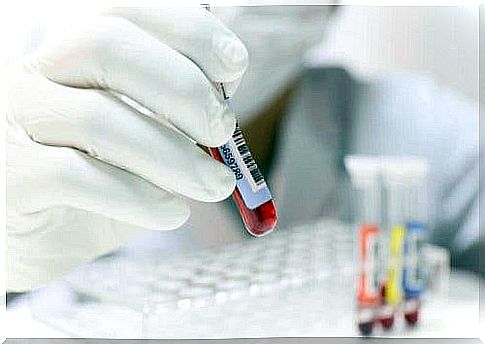
Blood tests allow medical professionals to know the number of white and red blood cells in the body, among other things. However, blood tests showing a high level of monocytes are non-specific. Monocyte levels usually rise due to:
- a simple infection, such as a cold.
- a chronic infection, such as tuberculosis.
Inflammatory Diseases
These cells can also be an indication that there is an inflammatory process in the body. This is the case, for example, in rheumatoid arthritis. It is a chronic inflammatory disease that affects the joints, causing pain and loss of mobility.
Blood neoplasms
The blood cells can also undergo neoplastic processes. This means that different types of cells can grow uncontrollably and increase their concentration. So this can also be a cause of high levels of monocytes in the blood.
How Doctors Detect High Levels of Monocytes in the Blood
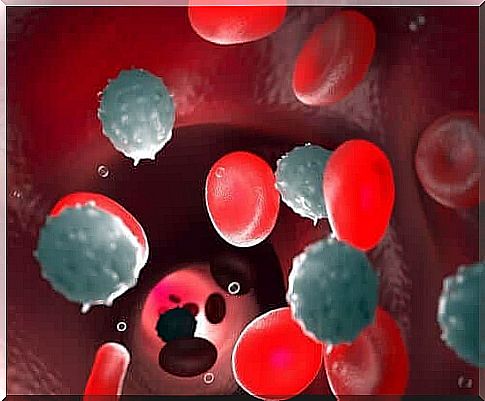
Blood tests with a complete blood count show all cells in the blood. This is a simple and effective method of detecting this situation.
However, as we pointed out above, some data is non-specific and needs further study. Depending on the number of monocytes, it is more likely to be due to some process (Spanish link).
- For example, if the levels are slightly elevated, it is likely due to a mild infection.
- On the other hand, if the levels are highly elevated, then this could indicate leukemia.
The medical professionals are responsible for analyzing the monocyte concentration. If they see fit, they may request other tests to find the infection or inflammatory process.
It is therefore very important to know if the patient has other symptoms associated with this. There is no treatment for high levels of monocytes in the blood. Instead, treatment focuses on resolving the underlying cause.
Still, we should also emphasize that exercise can be a way to improve monocyte counts. This is because exercise helps regulate the immune system and acts as a natural anti-inflammatory.
In conclusion, it is important to remember that high levels of monocytes is a very non-specific sign. You should see your doctor to get the diagnosis. It is also usually a result of a mild, transient infection.
